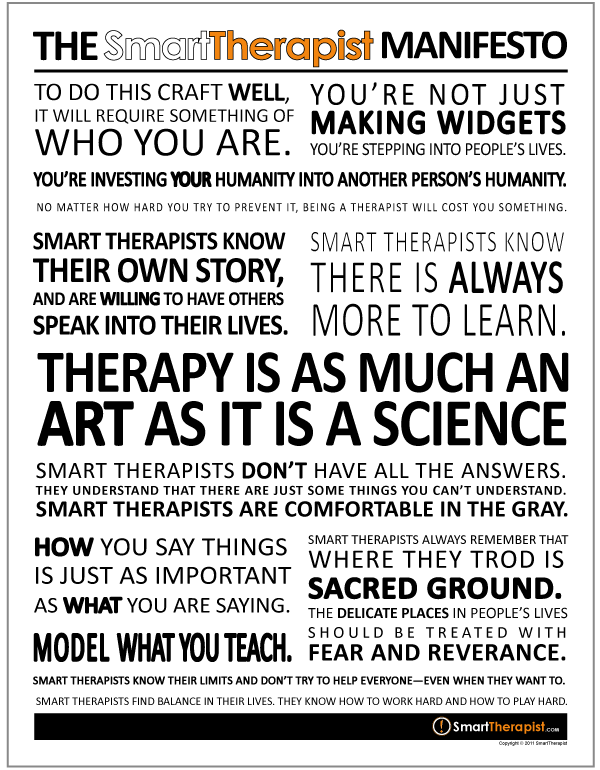Taking Care of the Caretaker
Amy McNamara wrote in Counseling Psychology that therapists are wounded healers. As a practicing psychologist, I can relate to this statement because I believe we all come to the helping profession through our own unique and sometimes painful journeys and a strong will to improve the lives of others. Therapy has had a positive impact on my life, starting from an early age, and I value being able to pay it forward.
It is essential that we address our own needs as we operate in an environment where we are continually affected by the clients we serve. As therapists, it would be naïve to think that we’re not impacted by the clients we support. Therapists are directly affected both personally and professionally by the work that we do, as well as the circumstances of our own day-to-day lives.
Calibrating your Instrument
Transference and countertransference surface in these professional relationships and it can take tremendous self-awareness to use these tools effectively. Without this self-awareness it can be difficult to separate a client’s issues from your own. In doing your own therapy you are essentially calibrating your instrument so you can better trust your therapeutic instincts with your clients.
A therapist’s own therapy encourages humility. While trainees, we get one-on-one and group supervision where we can process our cases. As licensed professionals, we consult and engage in consultation. But, if therapists are in fact wounded healers, as McNamara suggests, it is important that we work to understand and heal our own emotional wounds. Part of my practice is devoted to the crucial work of providing therapeutic support to my fellow wounded healers. I know how important it is to do our own inner work and hold ourselves accountable to the standards we ask of our clients.
We are better therapists when we are getting our own needs met. A therapist who knows what it is like to be a client may be more attuned to empathy than a therapist without this first-hand knowledge. I encourage you to reflect on the type of support you need to maintain a personal sense of well-being that will allow you to continue serving as an effective therapist, and an emotionally healthy person in all the other aspects of your life. I offer my services to be a therapeutic support for other mental health professionals. A colleague once described this work as “personal consultation over coffee only much deeper… and without the coffee.”
Why Talk to Me?
Well first of all, I’m a therapist too. And I too have been on both sides of the couch.
It may just be easier for you to talk to another professional, but one that is outside of your professional network or personal system. As a therapist who has experience in a number of different settings (community clinic, university counseling center, and private practice), I know first-hand the stress we face in the field of mental health. I've done the work myself and it wasn't easy to sit across from someone else and talk about all the things I worked so hard to hide from clients and supervisors. But just letting some of it out to someone impartial and not connected to other aspects of your life can be a huge relief. I’ve successfully worked with other mental health professionals and now I'm ready help you out.



